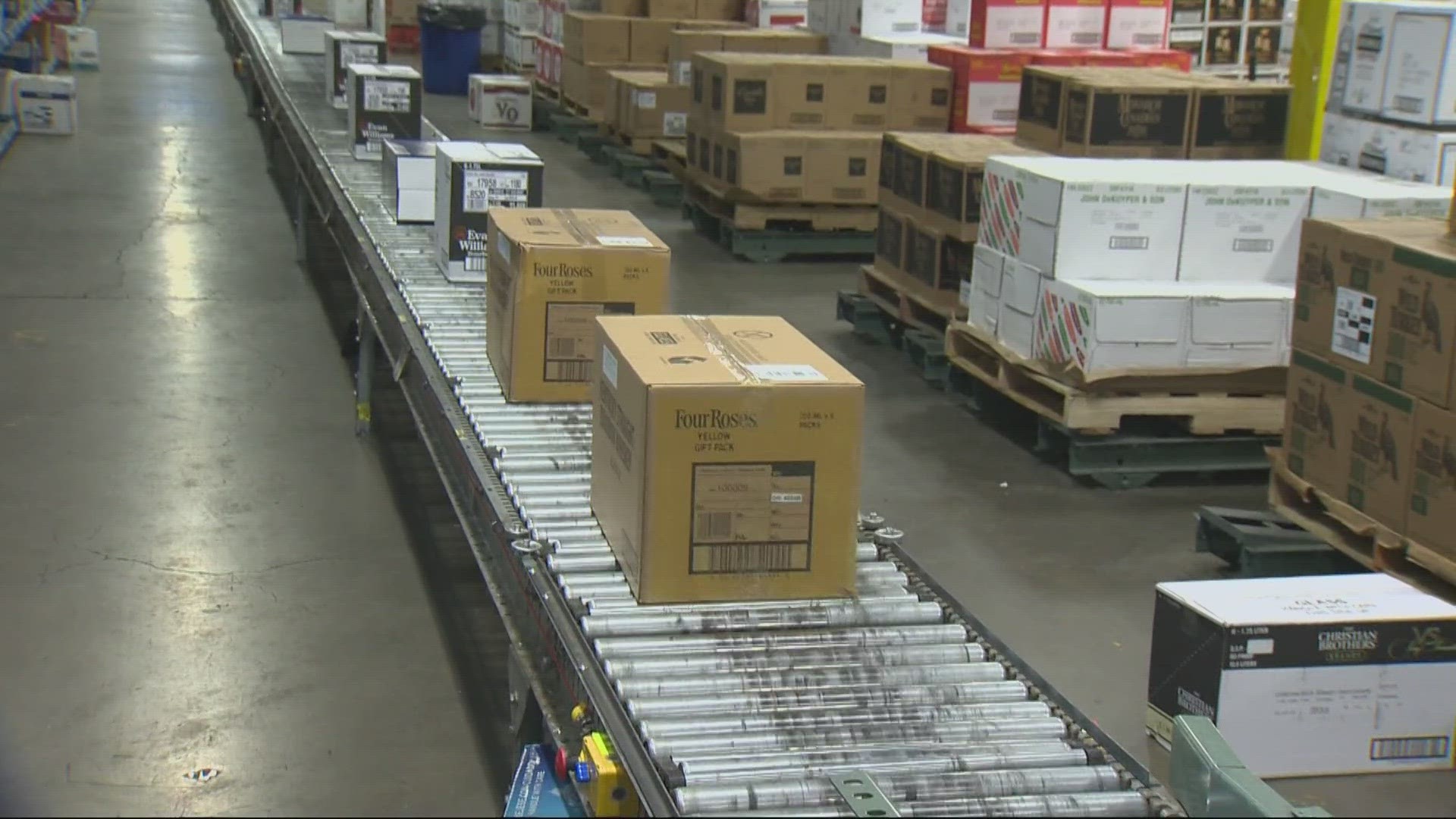PORTLAND, Oregon — The Oregon Liquor and Cannabis Commission is increasing how often members of the public can opt-in for a chance to buy bottles of rare liquor. They’re also opening up the process to an annual audit to improve transparency after the “Bourbongate” scandal that rocked the agency earlier this year. Executives said they hope changes aid in rebuilding the public's trust.
In February, two top executives were ousted from the OLCC after investigators found that for at least eight years, a group of OLCC employees would set aside hard to get bottles of liquor when it came into the state in order to purchase it for themselves. In Oregon, the state buys and taxes all hard liquor then sells it to independently operated liquor stores. That includes rare booze like Pappy Van Winkle bourbon, which was at the center of the investigation. The OLCC said each year, they only get around 3 or 4 bottles of it.
As first uncovered by The Oregonian, top managers at the OLCC would have some of the bottles set aside before the public had a chance to buy them in a lottery system.
On Thursday, the OLCC board announced changes to that system called the Chance to Purchase Policy. Previous lotteries for the public were held about three times a year with around a hundred bottles up for grabs, each time. Now, they'll hold lotteries quarterly.
“I think it's very important that we try to reestablish the trust in the public,” said Rich Evans, senior director of licensing and compliance with the OLCC.
Evans said with the quarterly drawings, they hope to increase the amount of items that will be available to the public, and all of it will be on record. The first drawing of 2024 will take place in March.
“It would be auditable to show the public that there is no funny business and that we are above board in how we're doing this,” said Evans.
In the near future, Evans said the OLCC would use a third-party vendor to conduct the raffles. What won't change is how they allocate the rare liquor to stores. He said 30% will still be reserved for licensees with the other 70% sold to the public.
“Everybody has a fair shot at having these items,” said Evans.

